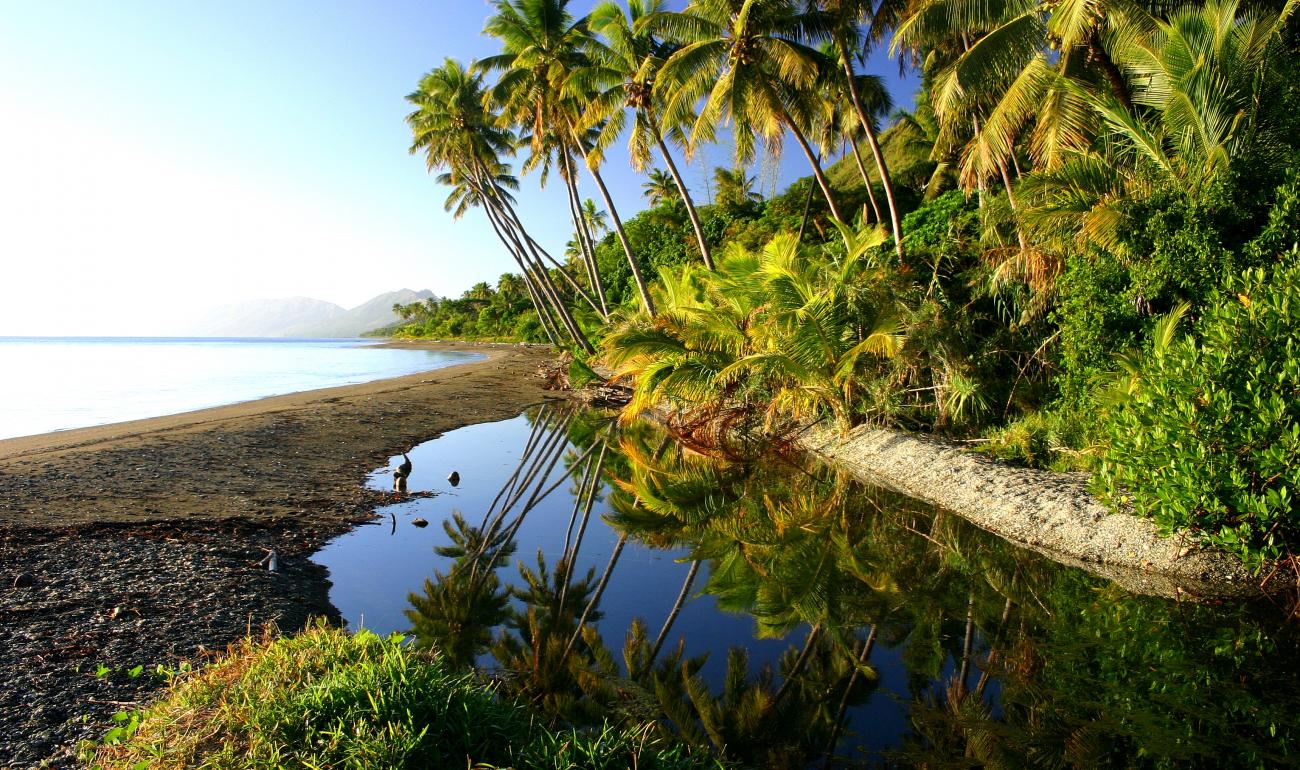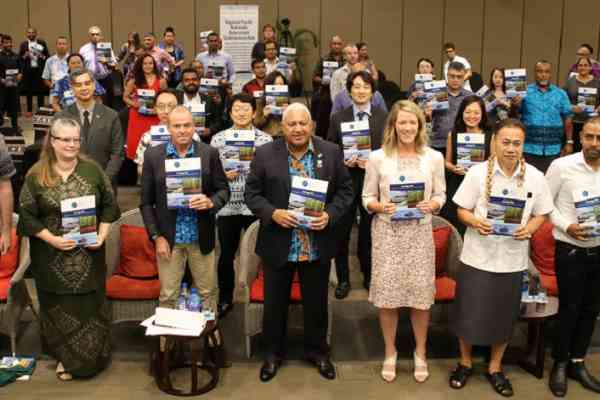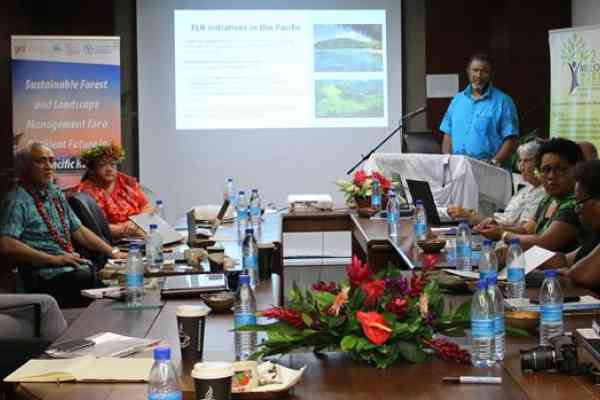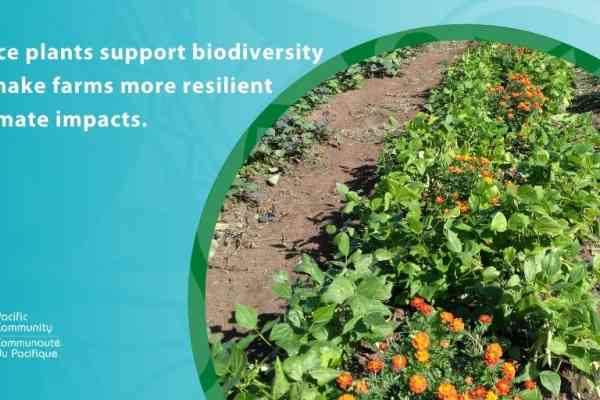Photo: East Coast, New Caledonia - credit: F. Véquaud
This year, World Environment Day focuses on ecosystem restoration and marks the launch of the UN Decade on Ecosystem Restoration.
I particularly welcome the opportunity this occasion offers us to highlight the importance of reviving our ecosystems. Having worked on environmental conservation in the Pacific for the past 16 years, I am convinced this topic is of utmost importance, especially in the Pacific, a region where people’s lives are intimately linked to their environment.
During the time I lived in Pacific atoll nations in Micronesia, I first witnessed the inherent reliance of communities over their natural resources.
From building their home with the sand collected on nearby beaches, to fishing local marine species to meet their nutrition needs, local communities directly depend on the environment for their livelihoods. This realisation strengthened my conviction that providing support to sustain the natural environment of Pacific islands is necessary to improve the lives and well-being of island communities, and preserve their ways of living, year after year.
Ecosystem restoration is one of the key adaptation options that can maintain ecosystem services and support people depending on them. However, climate change is making this option increasingly difficult because of the significant threat to global biodiversity and ecosystem integrity: Increasing greenhouse gas emissions leads to ocean acidification, threatening the viability and resilience of marine ecosystems; Storms and cyclones, by exposing ecosystems to significant stress, put at risk habitat and food resources of island animal species. The increasing intensity and frequency of extreme climate events makes it difficult for species to maintain their normal population levels, and, as a result, major shifts in ecosystem balance can occur.
This situation requires action—There can be no sustainable preservation of ecosystems if we are not more ambitious in reducing greenhouse gas emissions.
As part of this collective regional effort, the Pacific Community (SPC) is actively supporting Pacific Island countries and territories (PICTs) in improving their NDC planning, strategy and legislation to accelerate climate action. SPC is also supporting the preparation of PICTs ahead of the upcoming climate change negotiations at COP 26, together with other Council of Regional Organisations of the Pacific (CROP) agencies working as one under the One CROP-Plus framework.
In this direction and to raise its institutional climate ambition, in 2018 SPC adopted a Social and Environmental Responsibility (SER) Policy. Several key corporate climate mitigation and adaptation activities have been conducted; from implementing energy savings measures and a carbon neutrality fund; to engaging SPC staff in tree planting activities to restore island endemic forest sites; as well as in agroforestry and organic farming. These activities have proven to be successful in reducing SPC’s carbon footprint and raising internal awareness on the potential of sustaining our environment to combat climate change.
So, when we look to the future what do we see? A crucial year comes to my mind: 2030, which will mark the end of the UN Decade on Ecosystem Restoration, is also the deadline to achieve the Sustainable Development Goals. This common agenda reflects the key role of the environment to achieve a better and more sustainable future for all. In the Pacific, and elsewhere, we will be able to achieve this only if we have healthy and resilient ecosystems.




